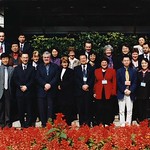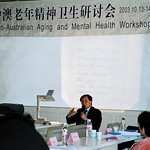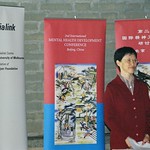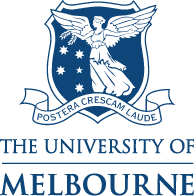The project’s vision was to exchange ideas, explore and develop culturally appropriate and acceptable models for the delivery of integrated community mental health care for aged people.
Based on principles of sustainability and a cultural responsive approach, the project was divided into three key stages:
Stage 1: Building the relationships and defining the approach
Stage 2: The workshop: Identifying and developing innovative and appropriate models to deliver the project
Stage 3: Models implemented
Project phases
Stage 1: Planning
Initial discussions with the Institute of Mental Health Peking University were held in February 2003 to begin planning the project.
Stage 2: Workshop and training
As part of stage two, a workshop was held in Beijing from 13-14 October 2003, with key representatives from the Shanghai Mental Health Center; the National Center for Mental Health, China CDC; Institute of Mental health, Peking University; and the Chinese Ministry of Health. Australian participants included representatives from AAMH and the University of Melbourne.
The workshop resulted in a productive exchange of ideas and experiences about delivering community mental health care for aged people. A list of key objectives for the development of mental health services in China were also identified:
- To further develop community-based primary health care services
- To link all levels of health care services (primary, secondary and tertiary) in a comprehensive health care system
- To improve the referral system between primary carers and specialists
- To promote the primary health care system
- To combat the social stigma associated with mental illness in the community
- To develop a community support system for mentally ill patients
- To emphasize the system rather than services
Stage 3: A refocus of priorities
At the same time as the completion of stage two of The Successful Aging project, the SARS epidemic hit China. As a result, the Ministry of Health China, refocused their priorities on building a public mental health system for China. While the focus shifted, the relationships developed through the first and second stages of The Successful Aging Project led to an ongoing strong partnership between China and Australia. In particular, what followed was one of the largest public mental health programs globally, through the 686 project, supported by AAMH.
The Myer Foundation kindly provided support for this project, as well as in-kind contributions from Asialink and the Centre for International Mental Health (CIMH) at the University of Melbourne.






















